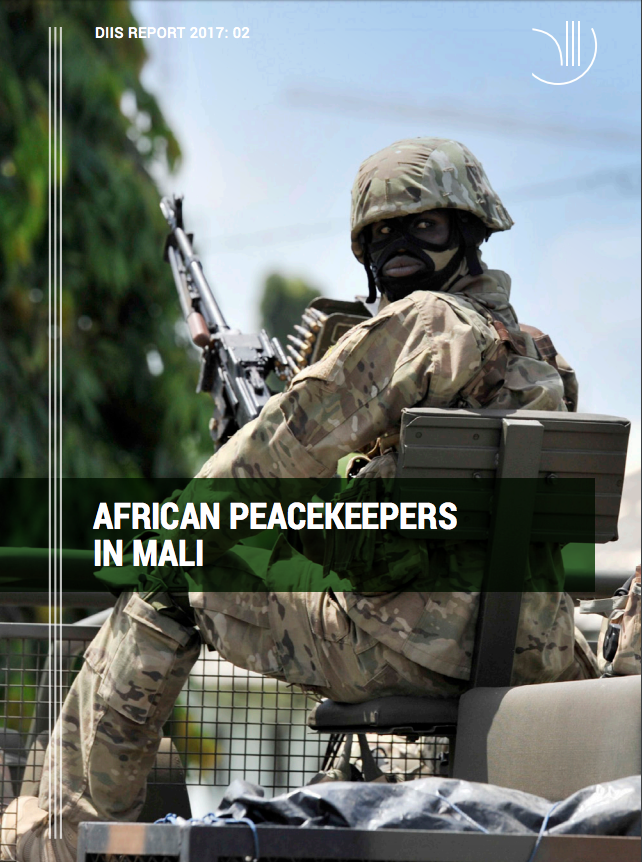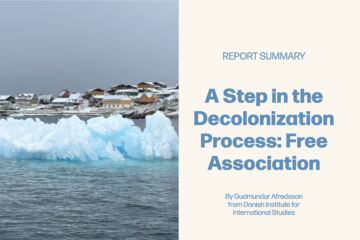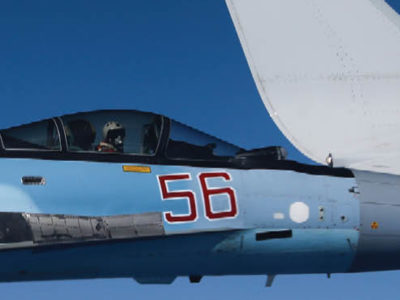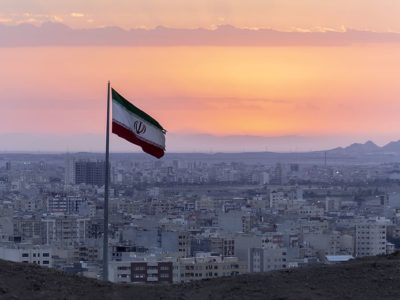Report: Challenged peacekeeping in Mali
‘African Peacekeepers in Mali’ by Peter Albrecht (DIIS), Signe Marie Cold-Ravnkilde (DIIS), Rikke Haugegaard (FAK).
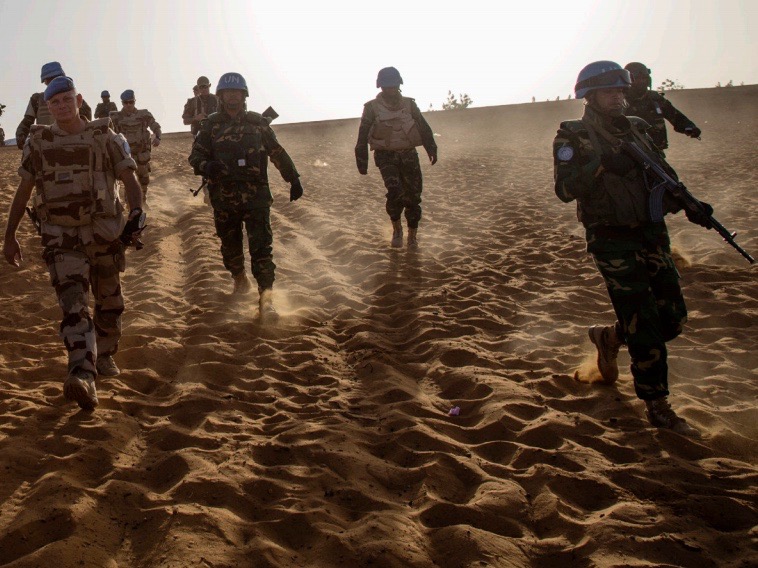 A recent report written in collaboration by the Danish Institute for International Studies (DIIS) and the Royal Danish Defence College, sheds new light on the issues and concerns for the peacekeeping efforts in Mali.
A recent report written in collaboration by the Danish Institute for International Studies (DIIS) and the Royal Danish Defence College, sheds new light on the issues and concerns for the peacekeeping efforts in Mali.
The United Nations Multidimensional Integrated Stabilization Mission in Mali (MINUSMA) gives rise to various concerns about the mission’s limitations and the disproportionate dangers that African and European soldiers are faced with. MINUSMA was established by the UN Security Council Resolution 2100 in 2013 to provide the ground tools for peace-making and to prevent further destabilization of the Sahel region.
Deadlier for some
MINUSMA is currently known as the UN’s deadliest mission, with African soldiers suffering the largest number of fatalities. 15 countries are involved in the continuous attempts to recover the Northern territories of Mali seized by jihadist groups and further stabilize the region. The report goes on to explain in detail some of the reasons for this disproportionate loss among African and European soldiers, including the unequal access to information and technology, their roles and deployment locations, and the national caveats enforced by each Troop Contributing Country (TCC).
Furthermore, the report portrays the complexity of national interests and how they play a key role in the peacekeeping in the Malian crisis. The authors go as far as saying that MINUSMA has become “a proxy for the absent Malian state,” since Mali and other countries continue to suffer of unstable and divided government bodies. All of this magnifies some of the broader issues surrounding the Malian crisis and questions MINUSMA’s ability to adequately respond to the crisis.
Distrust complicates the mission
Some of the main findings in this report come from the testimonies of high-ranking African and European soldiers. These interviews provide evidence of a range of different and often negative perspectives about each other, which further enhances the inability to coordinate and work cohesively for the mission’s success.
The majority of the European soldiers hold coordinating and strategic roles in Bamako, Mali’s capital, while most of the African soldiers are in camps combating the attacks by jihadists and other rebel groups. There is a sense of distrust and lack of reliability between African and non-African soldiers, which intensifies the difficulty for MINUSMA’s effectiveness in working to bring and maintain peace in Mali and the surrounding areas.
Suggestion: Integrate women in the forces
There is still a long way to go before complete integration is achieved by African and European soldiers in MINUSMA’s activities. Some of the most predominant issues are language barriers, camp conditions, information sharing inequality, and the disconnect between the orders being given at the headquarters and the actions on the ground.
Furthermore, there are trust issues between Africans and non-Africans, not only soldiers but also civilians. Thus, integrating and increasing women in the peacekeeping forces is essential, as explained in a 2016 policy brief by DIIS. Women can provide a source of trust and connection with the locals, making the peacekeeping efforts more impactful. A better understanding of the local context, culture, language and settings could create stronger strategic plans to combat the Malian crisis.
Read the full report here:
